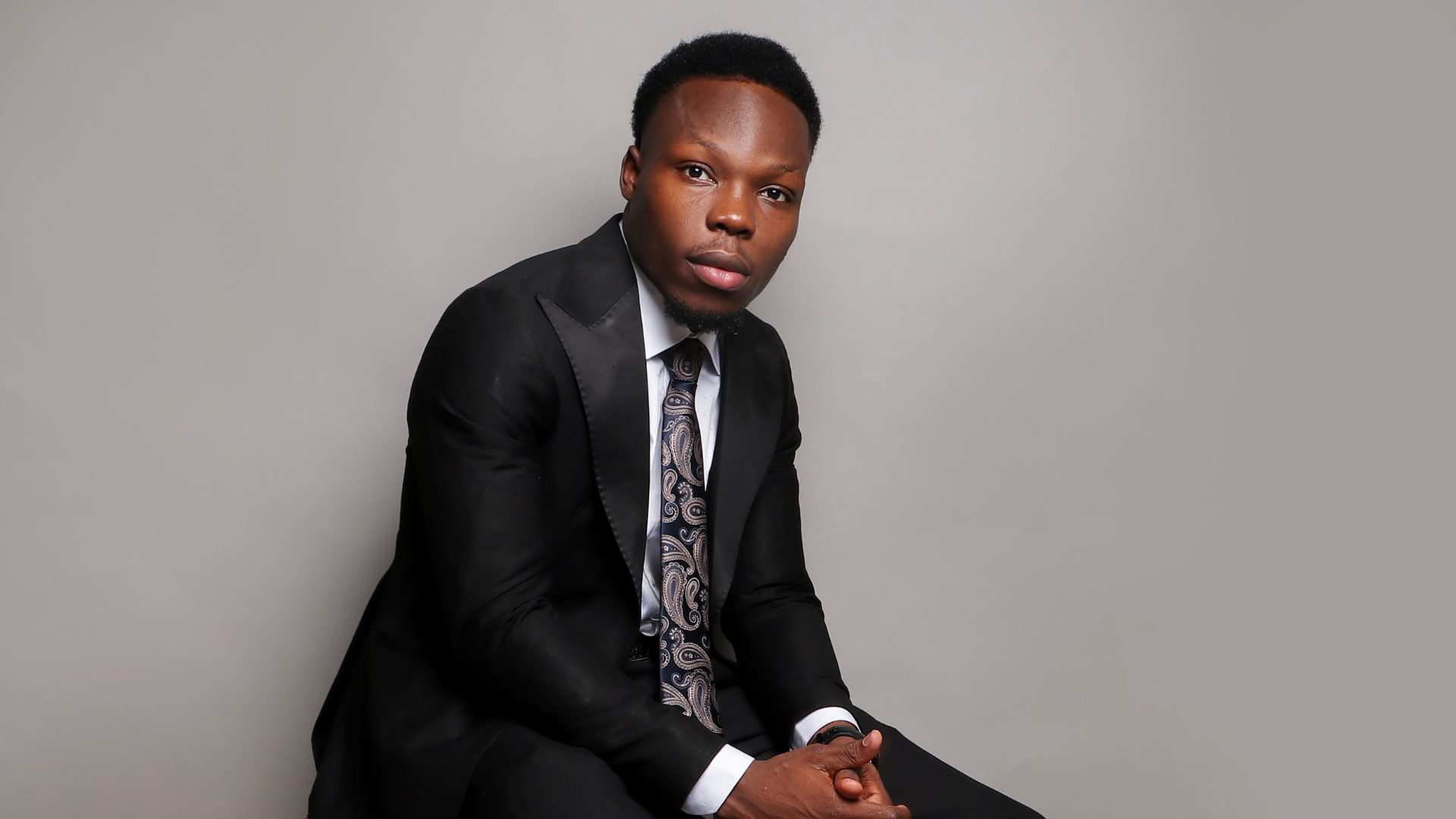A March 2023 report by Orange Business Intelligence Technology (ORBIT), a unit of Orange Group Nigeria, reveals an interesting insight into Nigeria’s betting industry. According to the report, the prominence of betting apps was relatively low compared to the widespread presence of physical betting outlets across most of Nigeria’s major cities.
In 2020, Nigeria’s betting industry crossed the $2 billion mark, with over 60 million Nigerians between 18 and 40 spending $5.5 million daily. A National Sports Industry Policy from the same year estimated that the industry could generate up to $4.7 billion in annual revenue (AAR), create up to 10 million jobs, and generate between 1.5-3% of GDP over ten years. The industry is also one of the fastest-growing in the country, driven mainly by the football culture. According to reports, the National Lottery Regulatory Commission (NLRC) and the Lagos State Lotteries Board (LSLB) have also issued over 100 betting licenses.
However, several reports like this have hinged the industry’s growth on increased mobile and internet penetration in Nigeria. But the report from ORBIT shows that reality might differ from expectations. The report covered respondents from 12 cities nationwide, with over 1,000 respondents per city. 64% of them were smartphone users, while 36% weren’t smartphone users. WhatsApp, Facebook, and Xender ranked top three on the list of global apps the respondents used, while Boomplay, Jumia, and OPay ranked top three on the list of regional apps.
For betting, however, less than 0.5% had apps on their phones for each of the major betting companies like SportyBet, BetKing, Bet9ja, and 1xBet. This led researchers to conclude that “mobile betting transactions are much lower than offline betting through physical agents” and that the market still needs more time to get comfortable with online betting.
These results could be surprising for several Nigerians, given that the country is one of the world’s fastest-growing mobile phone markets. However, while Nigeria’s mobile phone penetration is high, smartphone penetration is not as high, as roughly 10-20% of Nigerians own one.
Adetola Adesanoye, a business analyst at Orange Groups Limited, says, “Sports betting is a flourishing industry in Nigeria, mainly due to the hope of monetary success it offers its users. However, research highlights that mobile downloads of betting apps are relatively low compared to the widespread betting outlets across Nigeria. Given the emergence of new technologies that enhance user experience and that most customers, as revealed by this study, now have access to smartphones, the Nigerian sports betting industry can seek to expand its market share by promoting the adoption of mobile apps.”
The Nigerian sports betting industry has also spent massively on marketing to grow its dominance in the market. In 2019, Bet9ja reportedly spent N1.08 billion for headline sponsorship of Big Brother Naija, one of the country’s biggest TV shows. The following year, it was usurped by a competitor, Betway, as the headline sponsor. In December 2020, Multichoice, DSTV’s parent company, also invested in Nigerian sports betting group, BetKing, by acquiring a 20% stake for $81 million. However, one of the biggest attractions for anyone investing in the betting industry is the sheer ability for proliferation, especially in offline activities. According to The Africa Report, “requirements to become an agent are rudimentary: a shop in a busy area, at least two cashiers, three TVs, a stable Internet connection and three laptops.”
This ease of access and convenience also explains why offline betting remains more prominent than online sports betting. Several sports betting customers live in rural areas with low internet and smartphone penetration. They do not have as much access to means to watch live football and other sports that the betting companies consistently list on their platforms. The communal nature of sports-watching also draws them, as most prefer to watch matches in groups and not alone. Offline betting centres solve all these problems for them. In addition, the offline centres also make it easier for them to experience some forms of customer service, where they can ask questions when they have any and ask for betting recommendations from people around them.
Perhaps one of the betting platforms that provides the most insightful view of the market is Premier Lotto, a platform popularly known as ‘Baba Ijebu’. Founded in 2001 by Chief Adebutu Kensington and named colloquially after one of his nicknames, it allows players to bet with as little as N5 and win nearly 250 times that amount. Its affordability, ubiquity, and ease of access have made it attractive to Nigerians from all walks of life, including public transport workers, roadside traders, small-scale entrepreneurs, and even law enforcement officers. Like most betting companies in Nigeria, Baba Ijebu makes it easy for anyone to become an agent and start betting on its platform. It also strikes partnerships with telecommunications companies like MTN so that even people with feature phones can bet using USSD codes, a channel several other betting companies have also adopted. Taking a leaf from Baba Ijebu, betting companies can improve mobile adoption in several ways.
“Firstly, they can take advantage of their physical locations by encouraging users to download their mobile apps to access exclusive promotions and bonuses that they can only redeem through the app,” Adesanoye says. “Then they can allocate a significant portion of their marketing budget towards promoting their mobile apps to users. This can be done through targeted ads on social media platforms, influencer marketing, and other digital marketing techniques. Finally, they can boost mobile usage by creating unique games that can only be accessed through the app.”
With Nigeria’s unemployment rate expected to hit 37% and poverty headcount expected to cross 45% in 2023, it is not difficult to see why betting is so appealing. For millions, that appeal remains the promise that no matter who they are and where they come from, they, too, have a shot at outsized returns. This is why several people keep returning for more—hoping they can go from where they are today to where they want to be tomorrow with just one jackpot.
Written by Timi Abiola



















